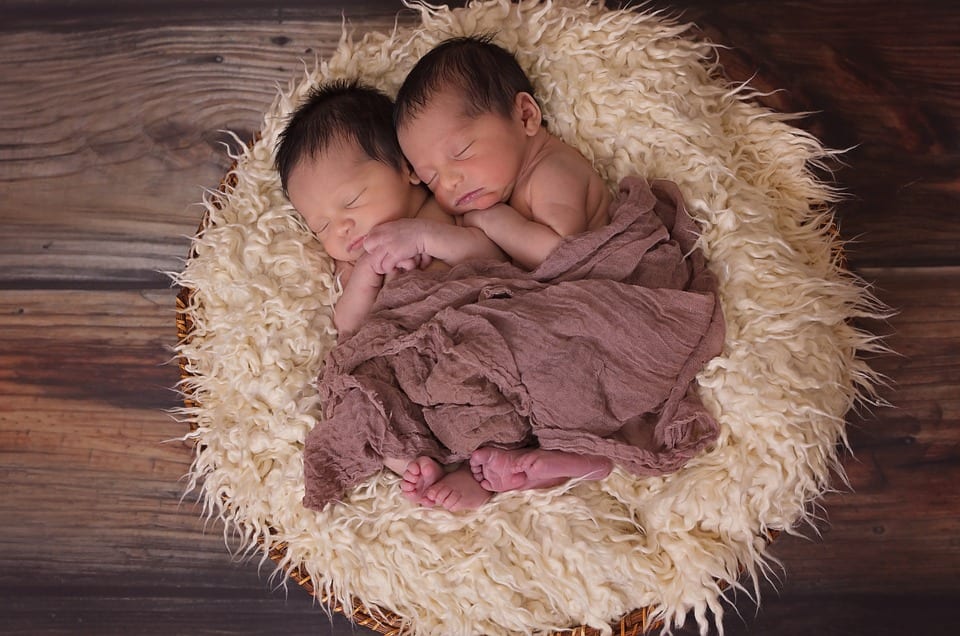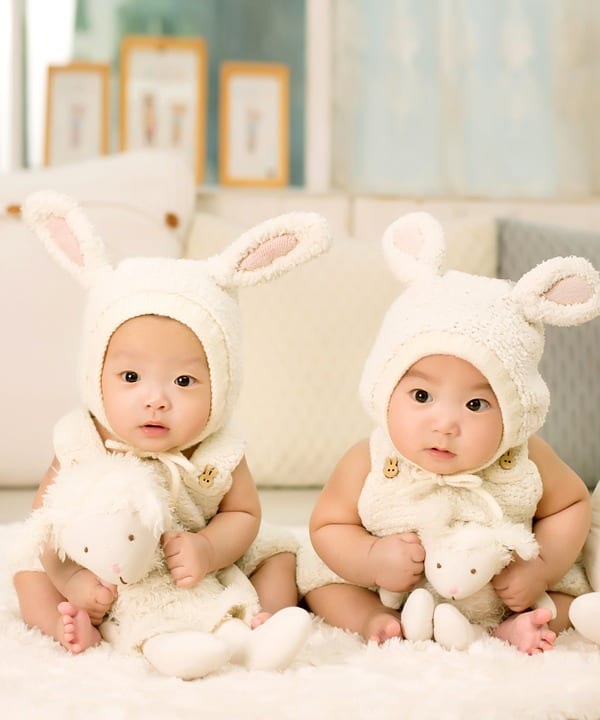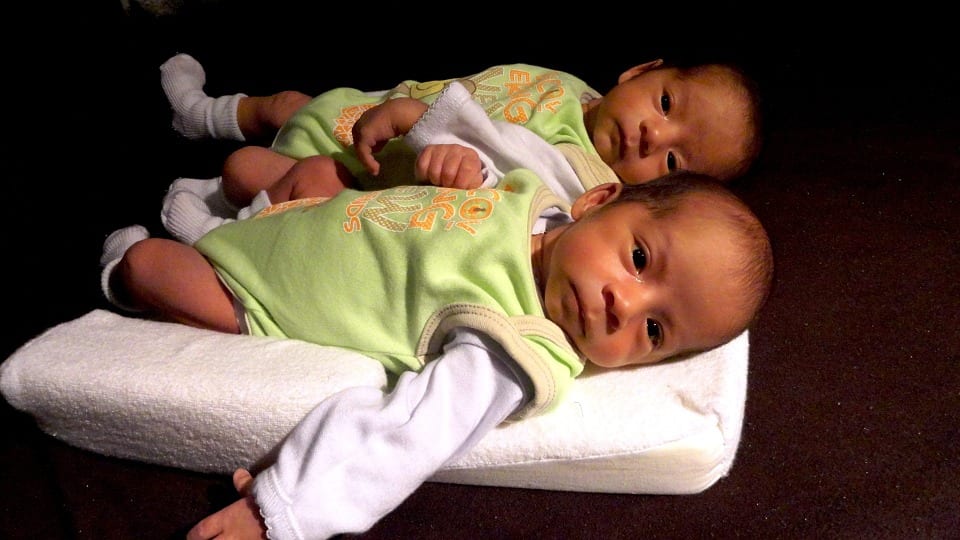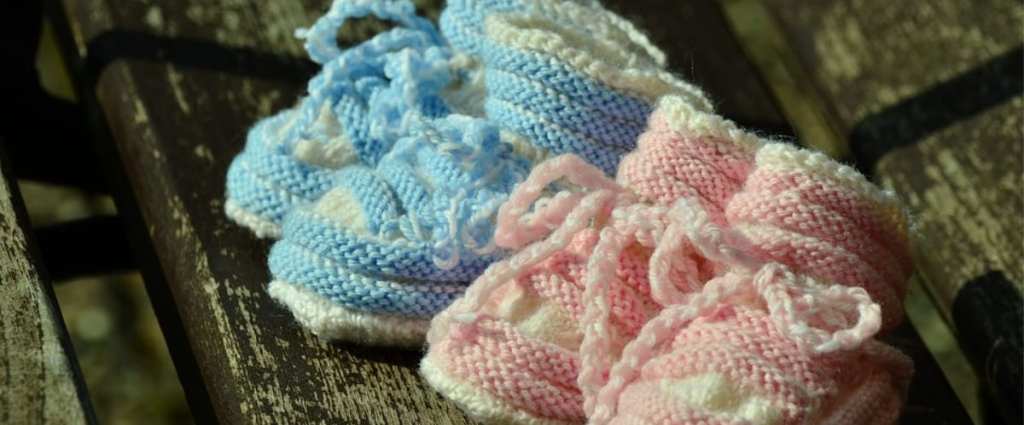Any woman ever who has chosen to live alongside a man – a dad, a brother, a boyfriend, a husband – knows that there are certain sacrifices that are inevitably made to make the arrangement work. The female half of boy/girl twins, it turns out, start paying before they’re even born and they don’t ever stop – and with twin and multiple births on the rise due to IVF, the small impacts could become larger within a generation.

Photo Credit: Pixabay
When girls and boys are conceived together, the female twin is exposed to more male hormones in the womb than she would otherwise be, a fact that allows researchers the opportunity to test the impact of hormones prior to birth. What they found is a small, but statistically significant, negative impact on life outcomes after spending nine months in close quarters with their twin brothers.
Dr. Krzysztof Karbownik of Northwestern University, together with Norwegian scientists, has been gathering data to study the life outcomes of 13,717 twins born in Norway between 1969-1978.
Karbownik reports that girls with a twin brother are less likely to graduate from high school or university, have fewer children of their own, and have lower income into their 30s.

Photo Credit: Pixabay
The sets of boy/girl twins were tested against sets of only girl/girl twins.
Though the difference was only around 10%, that is significant enough to confirm that the effect is real. Karbownik then wanted to know whether the effect was because of the hormone difference in utero rather than, say, simply growing up with a brother of the same age.
He set out to test his twin testosterone-transfer hypothesis by searching for sets of twins where the boy had passed away in infancy. He found enough examples to show that the effects came from sharing a womb, and that sharing household and an upbringing didn’t make the difference.

Photo Credit: Pixabay
Karbownik explained his results in a statement:
“This is the first study to track people for more than 30 years, from birth through schooling and adulthood, to show that being exposed in utero to a male twin influences important outcomes in their twin sister, including school graduate, wages, and fertility rates.”
His isn’t the first study to confirm a correlation between those outcomes and boy/girl twins, either. A 2007 study carried out at the University of Sheffield used health records from Finland and found that girls with twin brothers were 25% less likely to have children. They suspected that exposure to testosterone in the womb could damage fertility.
